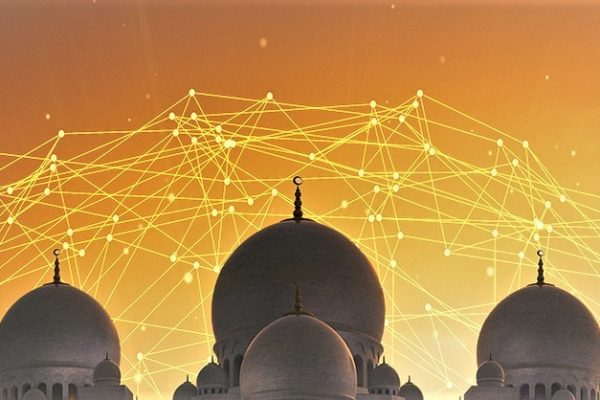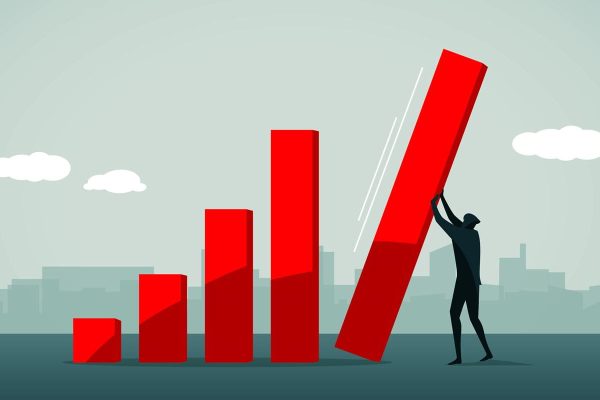
The Potential Failure of Capitalism and Democracy: Global Conflicts, Economic Instability, and the Path Forward
Explore the complex challenges facing capitalism and democracy, from economic instability and rising populism to global conflicts and environmental crises. This in-depth analysis delves into historical case studies, social movements, and potential alternatives to understand whether these systems are failing and how they might evolve to meet the demands of the 21st century.











